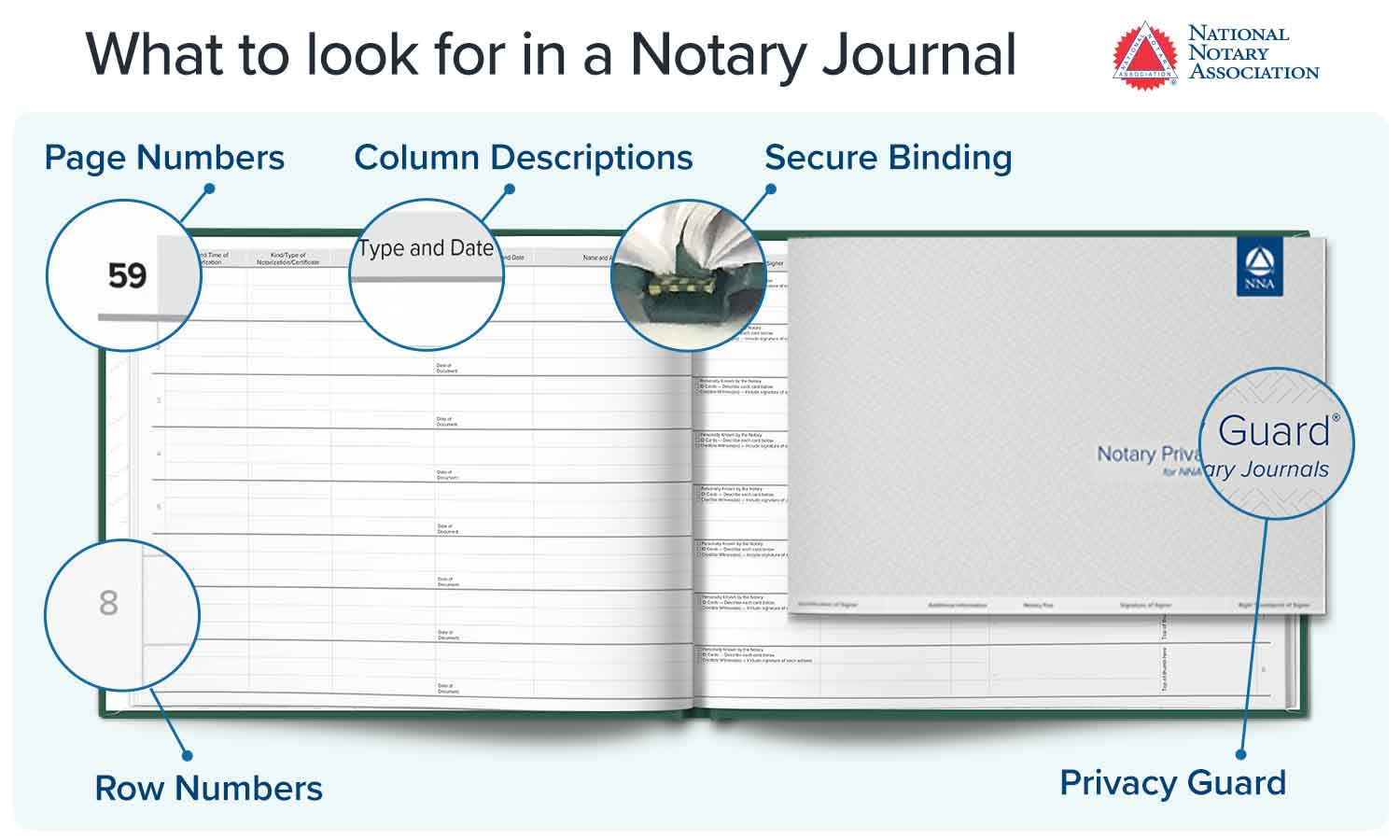Permanent remote online notarization and required stamp and journal are just a few changes Notaries in New Jersey can expect come October 22, 2021. Keep reading to learn what's new under NJ Assembly 4250.
Commission qualifications
Out-of-state applicants may now apply for a New Jersey Notary commission. Previously, nonresident applicants had to live in either New York, Pennsylvania or Delaware. The new statute no longer limits nonresident applicants to those adjoining states, but they must be an employee of a business whose domicile or primary place of business is in NJ and performs their employment duties remotely from a home office or co-working space.
Required stamp and journal
Once optional, a rubber stamp ink seal and journal are now required for all notarial acts.
Stamps must include your name, the phrase "Notary Public, State of New Jersey" and your commission expiration date.
Journals may be a permanent, bound register with consecutively numbered lines and pages or in a permanent, tamper-evident electronic format. The State Treasurer limits Notaries to using only one journal at a time to record notarial acts whether they involve tangible or electronic documents. The following information must be recorded for each notarial act:
- Date and time of the notarial act
- Type of notarial act, including but not limited to the taking of an acknowledgment, the taking of a proof of a deed, the administration of an oath, or the taking of an affidavit
- Name and address of each person for whom the notarial act is performed
- Statement indicating if the identity of the individual is based on personal knowledge
- Brief description of the method of identification if the identity of the individual is based on satisfactory evidence as well as the identification credential presented
- If any and applicable, include the type, date of issuance, and date of expiration of an identification document, or the name and signature of any identifying witness and, if applicable, the type, date of issuance, and date of expiration of a document identifying the witness
- Itemized list of all fees charged for the notarial act
Notaries must either keep their journals for 10 years after performing the last notarization recorded in the journal or transmit the journal to the Department of the Treasury, Division of Revenue and Enterprise Services, or a repository approved by the State Treasurer.

New Notarial acts
Notaries may now perform the following notarial acts within the state of New Jersey:
- Certifying copies of documents and depositions
- Certifying papered out electronic records
- Witnessing or attesting a signature
Prohibited acts
Notaries will no longer be able to notarize documents in which the Notary or the Notary's spouse or civil union partner is a party or in which either of them has a direct beneficial interest.
Notary fees
Notaries may continue charging a fee per notarial act, but the maximum amount has yet to be determined by the State Treasurer. We'll update this page once more information becomes available.
Remote notarization
New Jersey will authorize the remote notarization of both paper and electronic records. Signers may send Notaries the physical documents to the Notary or upload their documents through a RON provider and complete the notarial act online.
NJ Notaries may notarize documents for signers in any location, but the Notaries themselves must be physically present within the state during the notarization. To become a remote Notary in New Jersey, your commission must be active and you must notify the State Treasurer prior to performing your first remote notarial act.
Looking ahead
Starting July 22, 2022, educational training and exam will be required of new and renewing Notaries. Part of the application process will include acknowledging you have read the Notary Public Manual, taking a course and passing an exam. The course and exam may be taken with the State Treasurer or an approved education provider.
Rachel Fraser is the Content Marketing Specialist at the National Notary Association.